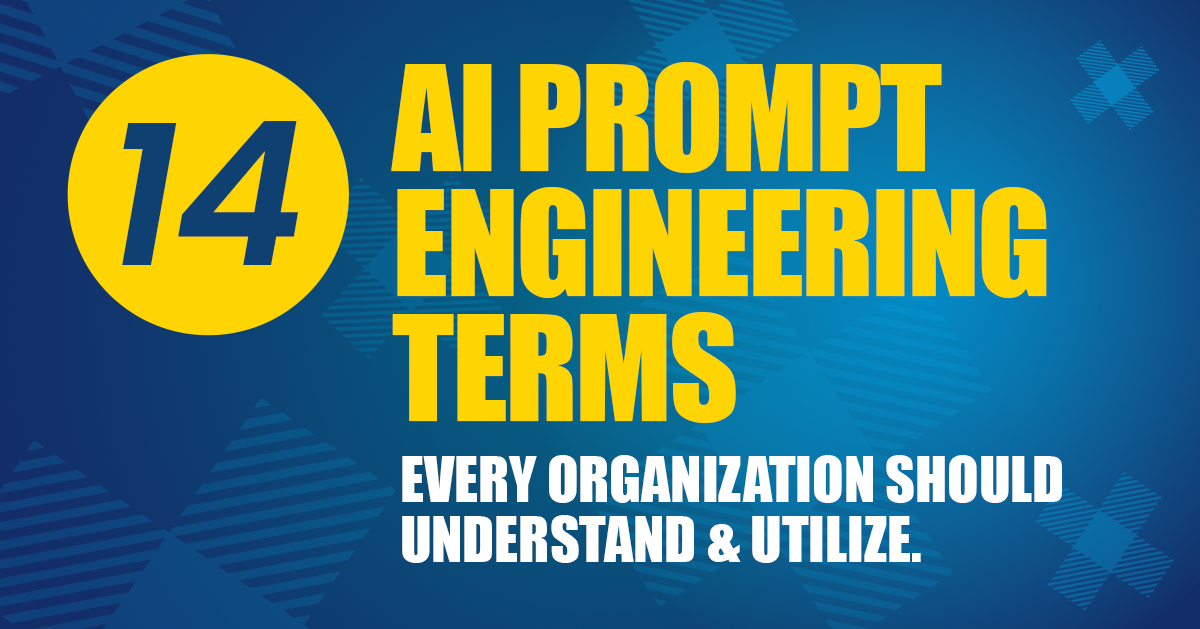
Have you ever wondered how much time your team spends on repetitive tasks like generating reports, responding to emails, or sorting through data?
These activities can drain valuable hours that could be better spent on strategic, high-impact work. While traditional automation can handle fixed, rule-based processes, it often falls short when flexibility and decision-making are required. This can lead to inefficiencies, bottlenecks, and missed opportunities.
To stay competitive in today’s fast paced environment, businesses need a smarter, scalable way to delegate work. This is where AI agents come in. Acting like digital team members, these agents can understand goals, make decisions, and carry out tasks with minimal supervision. In the next section we will walk through a practical framework to help you delegate tasks to AI agents effectively and responsibly.
Define the Objective
Clear objectives lead to successful delegation of work to AI agents. Before assigning any tasks, it is critical to define exactly what you want the agent to achieve. Just like giving instructions to a new team member, your AI agent needs a specific goal to work on, whether it is generating weekly sales report, analyzing customer feedback, or automating a follow up sequence. Vague or broad instructions often lead to poor targets or unnecessary rework. By setting a clear objective, you give the agent a defined target and make it easier to measure success. This becomes the foundation of building a reliable and repeatable AI Workflow.
Provide Context and Constraints
Once the objective is clear, the next step is to provide context and constraints. AI agents perform best when they understand the environment they are operating in. just like human team members. This means supplying the right input (data sources, documents, templates) and defining boundaries they must operate within. Should the task be completed within a specific timeframe? Is there a tone or style to follow? Are there compliance or privacy rules the agent must respect? Clearly outlining these constraints helps the agent make smarter decisions and reduces the risk of errors. It also ensures the output aligns with your business standards and expectations.
Choosing the Right Agent Type
Choosing the right type of AI agent is key to effective delegation. Not every task requires a complex system, sometimes a simple, focused agent is all you need. For example, if you need a performance report tailored to different types of meeting such as executive reviews, team stand-ups, or client updates, a decision-based reporting agent can handle this intelligently. Instead of generating the same report each time, the agent analyzes the request, identifies the meeting type or audience, and adjusts the report content and format accordingly. It pulls the right data from your CRM and marketing platforms, applies relevant filters, and structures the insights to match the specific context. This type of single task agent goes beyond automation by adding adaptive decision making, making it ideal for recurring tasks that still require contextual nuance.
On the other hand, more complex workflows, like launching a new product campaign, may require a multi-agent system. In this setup, different agents handle different parts of the process: one agent might perform competitor research, another draft contents, while a third agent schedule posts and monitors engagement. These agents can collaborate, pass information between each other, and adapt based on real time feedback. Selecting the right agent structure you balance efficiency with flexibility, depending on the complexity of the task.
Assign, Monitor and Iterate
Once the task is delegated, the team member’s role does not end, assigning, monitoring, and iterating are key to long term success. Start by clear metrics that define what success looks like for the AI agent accuracy, turnaround time, user satisfaction, or task completion rate. As the agent begins to operate, regularly reviews its outputs to ensure they meet expectations and align with business goals. Just like with human team members, feedback is essential, create a simple feedback loop to fine tune the agent’s behavior over time, whether by updating prompts, refining constraints, or improving input data. Continuous iteration not only improves performance but also builds trust in the AI system across your team.
Final Thoughts: Leading the Future with AI Agents
Delegating tasks to AI agents is not just about offloading work, it is about rethinking how work gets done. With a clear objective, the right context, a suitable agent type and a feedback approach, organization can unlock a new level of efficiency and scalability. Agentic AI has the potential to free up human teams for more strategic, creative and high impact work. Whether you are just starting or already exploring AI tools, developing a thoughtful delegation strategy will be key to unlocking their full potential. The future of work is here, and it’s powered by intelligent collaboration between humans and AI agents.
Explore how Agentic AI can drive efficiency in your organization. Contact The Canton Group today!



